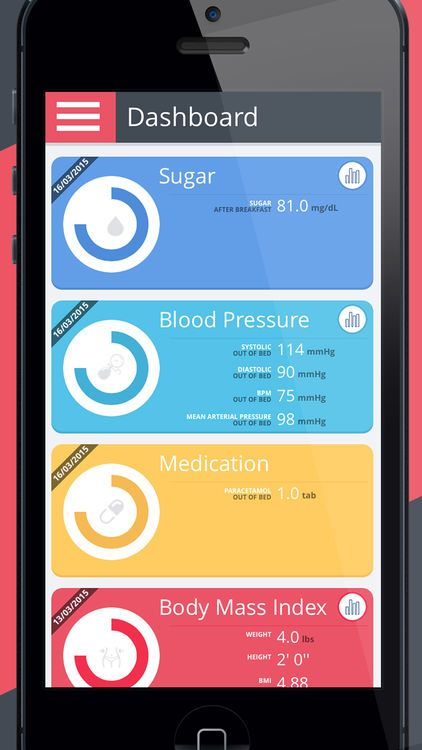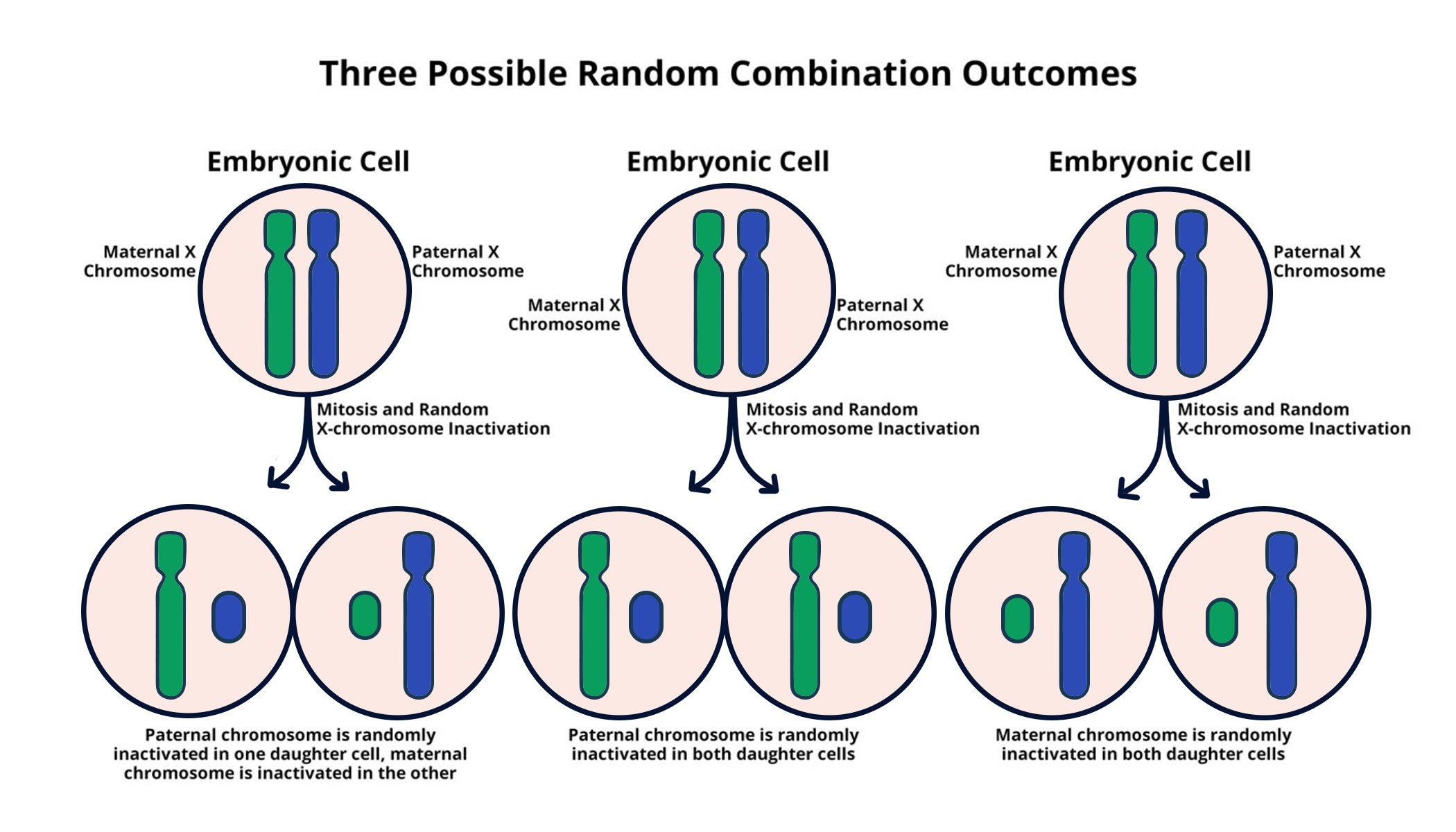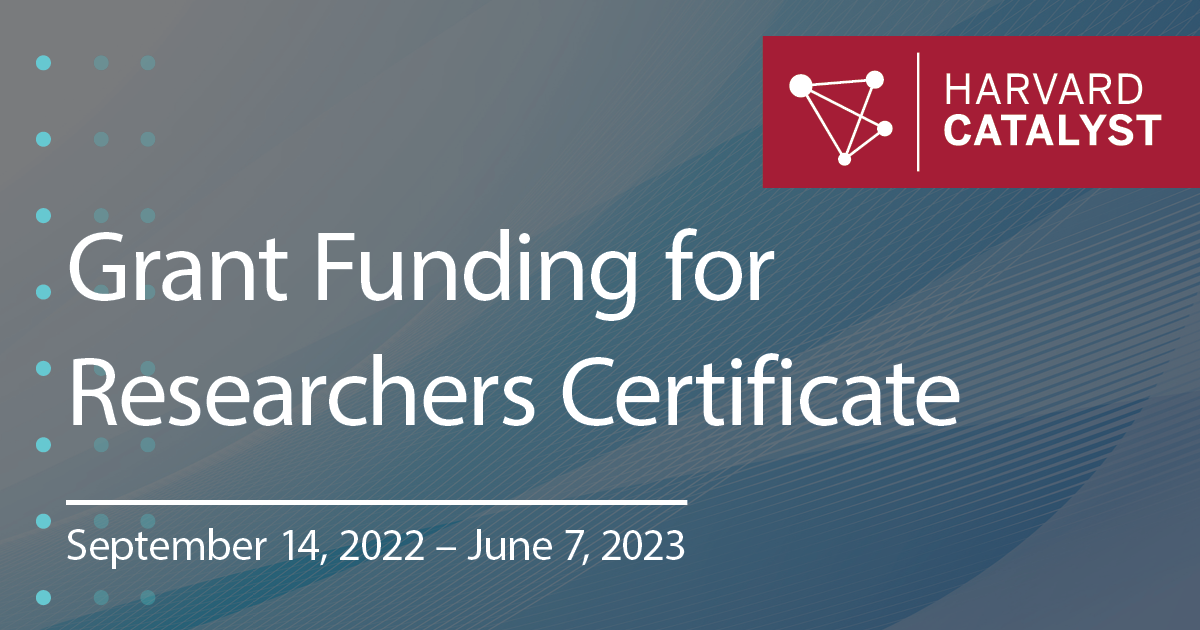
Personal Healthcare Apps: A New Era in Patient Support
In today’s digital age, personal healthcare apps are revolutionizing the way we manage our health. These innovative tools are designed to offer tailored assistance, and they are especially beneficial for individuals like cancer patients who require continuous support throughout their recovery journey. By leveraging advancements in healthcare technology, these mobile health apps utilize reinforcement learning algorithms to adapt interventions based on the unique needs of each user in real-time. This just-in-time adaptive intervention approach ensures that patients receive timely reminders and motivation, thereby enhancing adherence to their treatment plans. As healthcare increasingly incorporates digital solutions, personal healthcare apps stand at the forefront of improving health outcomes and fostering better patient engagement.
Personal health management applications, often referred to as mobile wellness tools or digital health platforms, embody a significant shift in how we approach medical care and chronic condition management. These resources play a vital role in providing adaptive support mechanisms for patients, particularly those dealing with serious illnesses like cancer. By integrating advanced computational techniques and machine learning, these platforms offer continuous customization of support, making them essential in today’s healthcare landscape. The emergence of such technologies not only aids patients in adhering to their care protocols but also enhances the effectiveness of interventions, ensuring that assistance is delivered precisely when needed. As innovation in the field of healthcare technology progresses, these applications promise to transform the traditional patient-caregiver dynamic, fostering a more proactive and personalized approach to health management.
The Rise of Personal Healthcare Apps in Cancer Support
In recent years, personal healthcare apps have emerged as invaluable tools for individuals navigating the challenges of chronic illnesses like cancer. These mobile applications leverage advanced algorithms and artificial intelligence to provide tailored support, significantly enhancing the patient experience. Cancer patients, especially those undergoing treatments such as stem cell transplants, face numerous obstacles, including medication adherence and managing debilitating side effects. Personal healthcare apps are designed to address these issues by offering real-time, personalized recommendations, ensuring that patients receive support that responds to their unique circumstances.
For instance, the development of specialized apps for cancer patients employs reinforcement learning algorithms that continuously adapt based on user interactions. These algorithms are capable of understanding when a patient might need a motivational nudge or a reminder about medication, thereby delivering help precisely when it is needed. The emphasis placed on tailoring support not only improves medication compliance—potentially reducing the 70 percent non-adherence rate among cancer patients—but also fosters a sense of connection and support, critical for emotional well-being.
Just-in-Time Adaptive Intervention: Revolutionizing Patient Care
Just-in-time adaptive intervention is transforming the landscape of patient care, particularly for those in recovery from serious health conditions like cancer. This method leverages data-driven insights to offer timely support, adapting interventions according to each patient’s evolving needs. Through sophisticated algorithms, healthcare technology can analyze a patient’s behavior patterns and provide intervention strategies that suit their current state, making it a more effective solution compared to traditional, static methods of support.
Implementing just-in-time adaptive intervention requires harnessing advanced data analytics and reinforcement learning principles. For example, an app designed for cancer patients after a stem cell transplant can use this approach to modify its engagement strategy based on real-time feedback from users. By sending proactive reminders or uplifting messages according to users’ behaviors and past responses, these apps maintain a supportive presence without overwhelming patients, thereby drastically improving adherence to treatment protocols.
The Impact of Reinforcement Learning on Healthcare Apps
The integration of reinforcement learning into healthcare apps marks a significant breakthrough in personalized medicine. By employing machine learning techniques, these applications can learn from user interactions and progressively enhance their effectiveness. For cancer patients, this means receiving notifications and reminders that are tailored not just based on preset schedules but according to their individual response patterns and emotional states.
For instance, in app development aimed at assisting stem cell transplant patients, the algorithms can adjust the timing and type of reminders sent to patients. This ensures that notifications are received when they are most likely to be helpful, decreasing the likelihood of them being ignored. Such intelligent adjustments are crucial in fostering adherence to medication regimens and ultimately improving health outcomes, which is a necessary aspect of effective healthcare technology.
Enhancing Patient-Caregiver Relationships with Technology
The relationship between patients and their caregivers is vital for effective health management, especially for individuals coping with severe health challenges like cancer. Modern healthcare apps are designed to strengthen this relationship by facilitating communication and collaboration between patients and their caregivers. By utilizing features that encourage shared engagement, these apps promote a support system that can better address the psychosocial dimensions of care.
For example, an app in development at Harvard’s Murphy lab incorporates interactive games and feedback loops to foster collaboration between patients and caregivers. By engaging users in activities that require teamwork, such as word games, the technology helps build rapport and mutual understanding. This intuitively designed support not only empowers patients but also alleviates some pressure from caregivers, enhancing the overall care experience.
Mobile Health Apps: Bridging Gaps in Patient Care
Mobile health apps are increasingly recognized for their role in bridging gaps in patient care, particularly for marginalized populations. Many individuals struggle to maintain consistent healthcare management due to various barriers, including access to information and timely support. Through the strategic design of mobile apps, patients are given tools that can guide them and help them stay engaged with their health goals.
The adaptability of mobile health apps is a key factor in their effectiveness. By utilizing feedback mechanisms and real-time data, these applications can respond to the immediate needs of the user while fostering a sense of autonomy in managing their health. This is particularly crucial for cancer patients who require constant care management and emotional support throughout their treatment and recovery processes.
AI and Behavioral Science in Healthcare Technology
The fusion of artificial intelligence and behavioral science is paving the way for next-generation healthcare technology. By understanding how patients think and behave, developers can create more intuitive healthcare apps that anticipate user needs and address them proactively. Such an approach is particularly beneficial in cancer treatment, where psychological factors can significantly influence medication adherence and overall well-being.
For instance, utilizing AI algorithms allows apps to analyze patterns in patient behavior, providing critical insights that lead to tailored interventions. This not only enhances the patient experience but also improves health outcomes by ensuring that patients receive the right type of support at crucial moments. Such advancements underline the importance of integrating behavioral insights into healthcare technology for a more comprehensive approach to patient care.
The Future of Digital Health Coaches
The concept of digital health coaches represents the forefront of personalized healthcare technology. With the rising capabilities of mobile health apps, these digital coaches can offer users customized guidance similar to human coaches but without the associated costs and potential discomfort of face-to-face interactions. Many individuals, particularly those with chronic illnesses such as cancer, may prefer the anonymity and convenience provided by these applications.
As research continues into the effectiveness of these digital platforms, the potential for improvement in patient adherence to treatment regimens seems promising. The ongoing development of apps that act as virtual health coaches indicates a shift towards more accessible healthcare solutions tailored to individual user needs. This evolution is expected to redefine the support structures available for patients, helping them navigate their health journeys with confidence and empowerment.
Challenges and Innovations in Mobile Health Solutions
As mobile health solutions become integral to patient care, various challenges arise that require innovative approaches. One significant hurdle is ensuring the accuracy and relevance of the data used by healthcare apps. Inaccurate predictions or irrelevant notifications can deter patients from using these applications altogether, necessitating ongoing refinement of algorithms to better serve user needs.
Another challenge lies in the need for user-friendly interfaces that accommodate the diverse backgrounds of patients. Healthcare technology must prioritize accessibility and ease of use to engage a wider audience. By continually innovating and adapting to user feedback, developers can create solutions that effectively cater to patients’ unique situations, ultimately leading to more successful health management experiences.
Collaboration Among Experts: Key to Successful Digital Health Tools
The collaboration between healthcare professionals, software engineers, and behavioral scientists is crucial for the success of digital health tools. As evidenced by projects like those spearheaded by Susan Murphy’s lab, interdisciplinary teamwork fosters innovation that can lead to more effective mobile health apps. This teamwork allows for a comprehensive understanding of patient needs while ensuring that technical advancements translate into practical applications.
Such collaborative efforts are essential in developing algorithms that can pause, adapt, and enhance the user experience based on real-world scenarios. By leveraging diverse expertise, teams can create more robust healthcare technologies that not only improve medication adherence but also enhance patient engagement in their health journey.
Frequently Asked Questions
How do personal healthcare apps use healthcare technology to support cancer patients?
Personal healthcare apps integrate healthcare technology to provide tailored support for cancer patients by utilizing algorithms that recognize individual needs and circumstances. For instance, apps can remind patients about medication schedules and offer motivational prompts, significantly enhancing medication adherence during recovery stages.
What is the role of reinforcement learning in personal healthcare apps for cancer support?
Reinforcement learning plays a crucial role in personal healthcare apps for cancer support by enabling the software to learn from user interactions. This allows the app to deliver personalized reminders and suggestions based on past effectiveness, ensuring that patients receive timely and relevant support throughout their treatment journey.
How do mobile health apps like ADAPTS HCT help caregivers manage cancer treatment?
Mobile health apps like ADAPTS HCT assist caregivers by sending customized reminders and motivational messages to both patients and caregivers. This collaborative support fosters better communication and enhances medication management, particularly for cancer patients who rely heavily on their caregivers for adherence to treatment protocols.
What is just-in-time adaptive intervention in personal healthcare apps?
Just-in-time adaptive intervention is a methodology used in personal healthcare apps that focuses on delivering support at critical moments based on real-time data. This approach ensures that users receive timely and relevant interventions, improving engagement and outcomes in managing their health, particularly in cancer treatment.
How can personal healthcare apps improve patient engagement for those undergoing stem cell transplants?
Personal healthcare apps can improve patient engagement for those undergoing stem cell transplants by providing personalized care plans, real-time support, and motivational tools. These apps leverage reinforcement learning to adapt to each patient’s unique circumstances, enhancing adherence to medication regimens and overall recovery efforts.
What advancements are being made in personal healthcare apps to assist cannabis users?
Recent advancements in personal healthcare apps for cannabis users include the development of programs like MiWaves, which utilizes reinforcement learning to help users reduce their cannabis intake. The app customizes interactions based on users’ responses, creating a tailored approach to managing consumption and supporting recovery.
How do personal healthcare apps handle medication reminders without being annoying?
Personal healthcare apps mitigate annoyance from medication reminders by using reinforcement learning to optimize the timing and content of notifications. By learning which reminders resonate best with users, apps can deliver prompts that are timely and contextually relevant, thereby reducing the likelihood of users ignoring them.
Can personal healthcare apps effectively support long-term health management?
Yes, personal healthcare apps can effectively support long-term health management by continuously adapting to users’ evolving needs and providing data-driven insights. These apps help users track their progress, manage health conditions, and maintain adherence through personalized interventions, making them valuable tools for sustained health care.
| Key Point | Details |
|---|---|
| Personal Healthcare Apps | Utilize algorithms to provide personalized support for patients with medical needs, including cancer and substance abuse. |
| Reinforcement Learning Algorithms | Support tailored interventions by learning from user interactions, improving engagement and adherence. |
| Just-in-Time Adaptive Intervention | Deliver support at critical moments based on individual user contexts, enhancing the response to user needs. |
| Collaboration with Experts | Murphy’s lab works with computer scientists, clinicians, and behavioral scientists to optimize app development and protocols. |
| Testing and Trials | Clinical trials like ADAPTS HCT and MiWaves showcase evidence-based refinement of algorithms for better user experience. |
Summary
Personal healthcare apps are transforming how patients manage their health by providing tailored support through advanced algorithms. These innovative applications, developed by researchers such as Susan Murphy, leverage reinforcement learning to adapt to individual user needs. By focusing on real-time personalization and just-in-time interventions, personal healthcare apps offer significant benefits for cancer patients and others by improving adherence to medical regimens and enhancing patient-caregiver relationships. This technology represents a shift toward more accessible and effective health management tools that cater to the unique challenges faced by patients.



